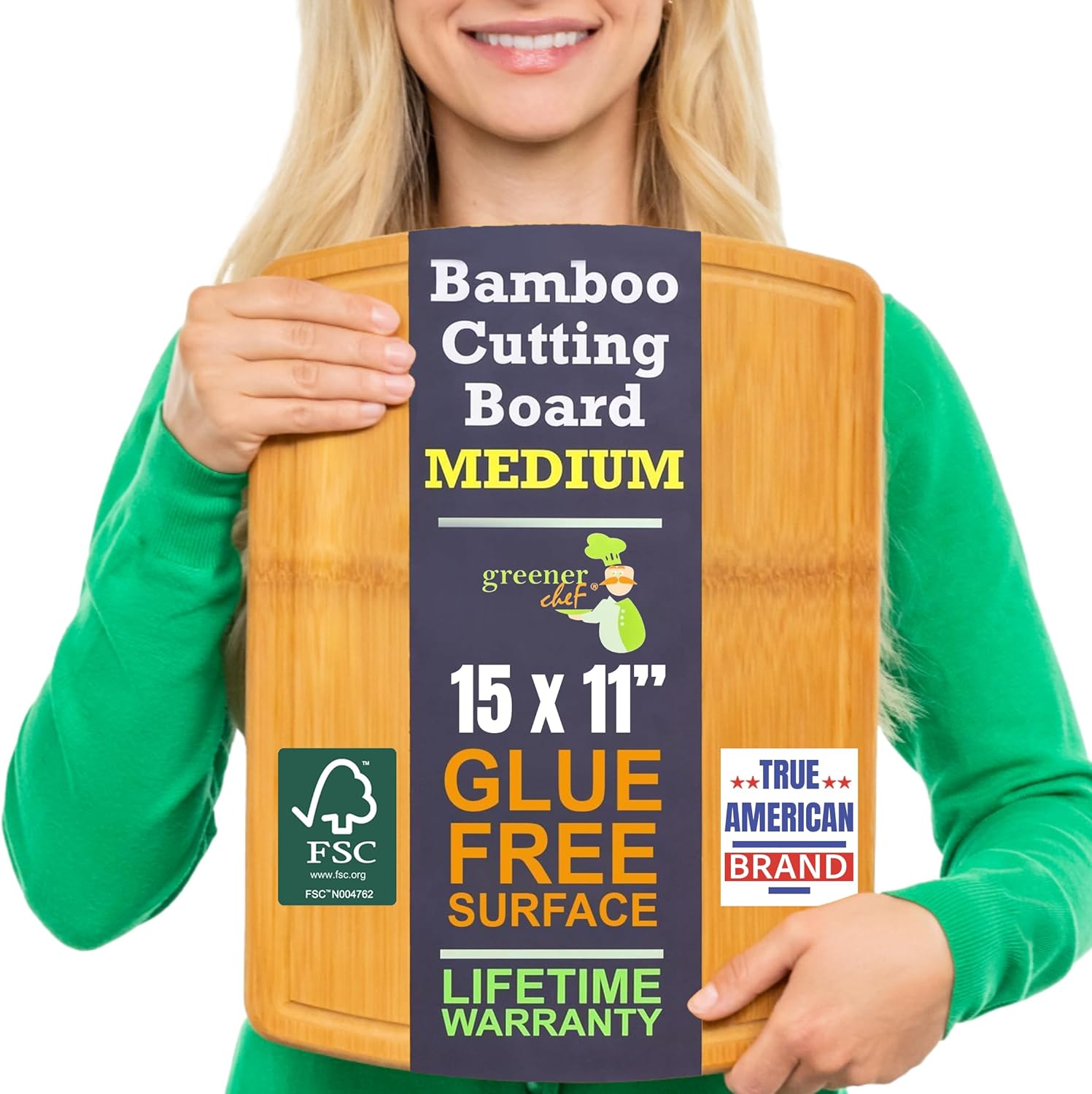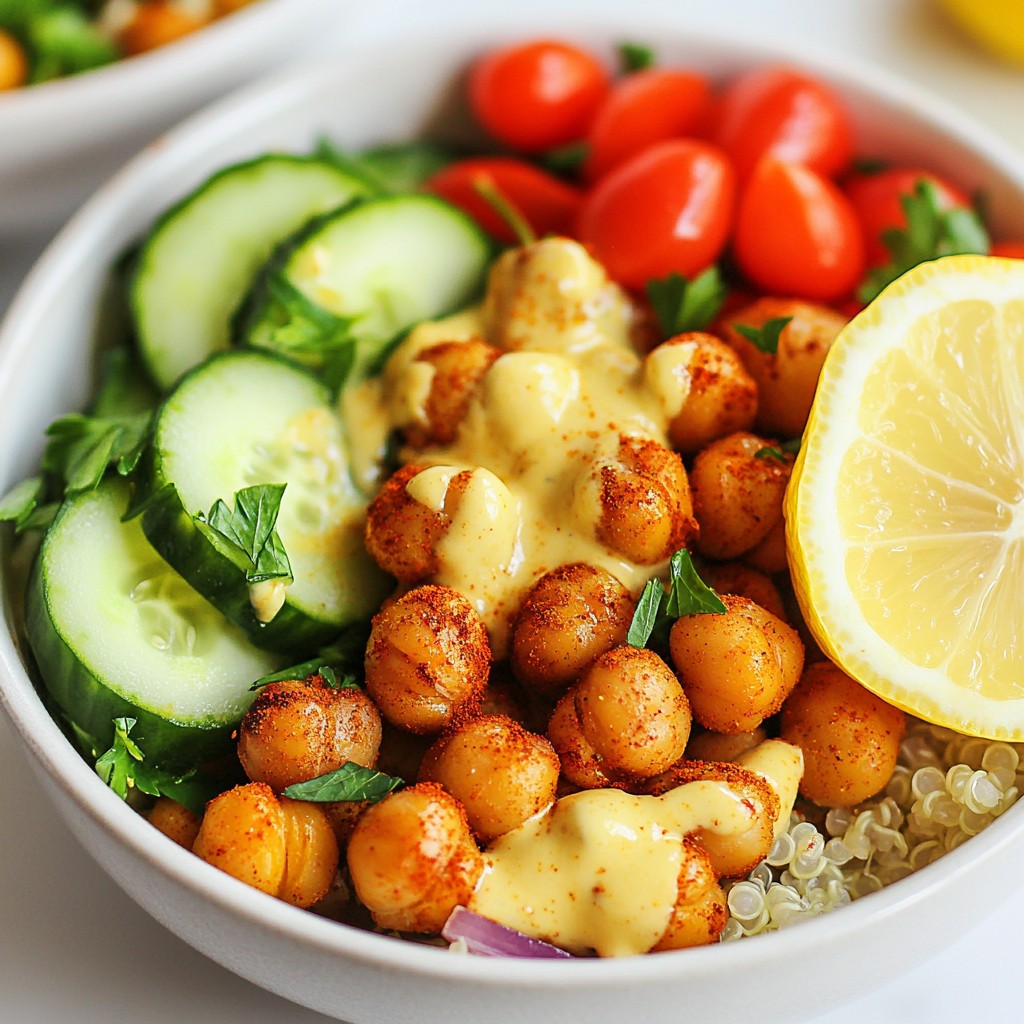If you're in search of a cozy, creamy dish that warms the heart, Butternut Squash Alfredo Pasta is the answer. I promise, this recipe combines rich flavors and a smooth sauce, perfect for any dinner. With just a few simple ingredients, you can create a delightful meal that gives comfort and satisfaction. Let's dive into how to make this tasty comfort dish and impress your family tonight!
Why I Love This Recipe
- Comforting Flavor: This Butternut Squash Alfredo Pasta has a rich, creamy texture that feels indulgent, making it perfect for cozy dinners.
- Healthy Twist: Incorporating butternut squash adds a nutritious element, giving you vitamins and fiber without sacrificing taste.
- Easy to Prepare: With straightforward steps, this recipe is perfect for both novice cooks and seasoned chefs looking for a quick meal.
- Versatile Dish: You can customize this pasta by adding your favorite proteins or vegetables, making it adaptable for any occasion.
Ingredients
To make Butternut Squash Alfredo Pasta, you need a few simple items. Here’s the list of ingredients:
- Fettuccine pasta (12 oz)
- Butternut squash (2 cups, peeled and cubed)
- Olive oil (2 tablespoons)
- Garlic (4 cloves, minced)
- Vegetable broth (1 cup)
- Heavy cream (1 cup)
- Nutmeg (1 teaspoon)
- Salt (1 teaspoon)
- Black pepper (½ teaspoon)
- Grated Parmesan cheese (½ cup)
- Fresh parsley, chopped (for garnish)
Each ingredient plays a key role in building flavor and creaminess.
Fettuccine pasta is great for holding the sauce. It’s thick and chewy. Butternut squash gives a sweet and nutty taste. Roasting it enhances its flavors.
Olive oil and garlic add depth and aroma. The vegetable broth gives the sauce a savory base. Heavy cream makes it rich and smooth.
Don’t forget the nutmeg, salt, and black pepper. They bring warmth and balance. Finally, Parmesan cheese adds a salty kick, while fresh parsley offers a bright finish.
Gather these ingredients before you start cooking. This way, you’ll have everything at hand for a fun and smooth cooking experience!

Step-by-Step Instructions
Step 1: Roast the Butternut Squash
- First, preheat your oven to 400°F (200°C).
- Next, toss the cubed butternut squash with 1 tablespoon of olive oil, salt, and pepper.
- Spread the squash on a baking sheet.
- Roast for 25 to 30 minutes until it is tender and slightly caramelized.
Step 2: Cook the Fettuccine Pasta
- While the squash roasts, boil a large pot of water.
- Add a good pinch of salt to the water.
- Once boiling, add 12 oz of fettuccine pasta.
- Cook according to the package instructions until al dente, which is usually about 8 to 10 minutes.
- Drain the pasta and set it aside, but reserve ½ cup of the pasta water.
Step 3: Sauté the Garlic
- In a large skillet, heat the remaining tablespoon of olive oil over medium heat.
- Add 4 cloves of minced garlic to the skillet.
- Sauté for about 1 minute until it smells fragrant but not burnt.
Step 4: Make the Alfredo Sauce
- Add the roasted butternut squash to the skillet with the garlic.
- Pour in 1 cup of vegetable broth and 1 cup of heavy cream.
- Stir everything together and let it simmer for 5 minutes.
- Use an immersion blender to puree the mixture until smooth.
- If you don’t have an immersion blender, carefully transfer it to a regular blender.
Step 5: Season the Sauce
- Stir in 1 teaspoon of nutmeg, 1 teaspoon of salt, and ½ teaspoon of black pepper.
- If the sauce is too thick, add some reserved pasta water to reach your desired consistency.
Step 6: Combine Pasta and Sauce
- Add the cooked fettuccine to the creamy butternut squash sauce.
- Toss gently to coat the pasta evenly.
- Stir in ½ cup of grated Parmesan cheese until it melts and blends in.
- For serving, plate the pasta and sprinkle with more Parmesan and chopped fresh parsley.
Pro Tips
- Roast for Flavor Enhancement: Roasting the butternut squash enhances its natural sweetness and adds depth to the flavor of the Alfredo sauce.
- Use Fresh Nutmeg: Freshly grated nutmeg offers a more intense and aromatic flavor compared to pre-ground nutmeg, elevating the overall taste of your dish.
- Reserve Pasta Water: Always reserve some pasta water before draining. It’s great for adjusting the sauce’s consistency and helps the sauce cling better to the pasta.
- Garnish for Freshness: Adding fresh parsley not only enhances the presentation but also adds a burst of freshness that balances the richness of the Alfredo sauce.
Tips & Tricks
Tips for Perfecting the Recipe
- Choosing the right butternut squash: Look for a squash that feels heavy for its size. The skin should be smooth and free from blemishes. A good squash will have a deep orange color, which means it is ripe and sweet.
- Cooking pasta al dente: When cooking fettuccine, boil it in salted water. Check the package for timing but aim for just under the suggested time. It should feel firm when you bite into it. This helps the pasta hold its shape and texture in the creamy sauce.
Storage and Reheating
- Proper storage techniques: Store any leftovers in an airtight container. Refrigerate within two hours of cooking. Eat them within three days for the best taste.
- Best reheating methods: To reheat, warm the pasta on the stove over low heat. Add a splash of broth or cream to restore the creamy texture. Stir often to avoid burning. You can also use a microwave, but use short increments of time and stir in between.
Dietary Adjustments
- Vegetarian or vegan options: To make this dish vegan, swap heavy cream for coconut cream or cashew cream. You can also use nutritional yeast instead of Parmesan cheese for that cheesy flavor without dairy.
- Gluten-free pasta alternatives: If you need a gluten-free option, use rice or chickpea pasta. These options work well and provide a nice texture in the dish. Always check the cooking time, as it may differ from traditional pasta.
Variations
Adding Protein
You can easily add protein to your Butternut Squash Alfredo Pasta. Here are some great options:
- Cooked chicken or turkey adds flavor and heartiness.
- Shrimp brings a nice seafood touch.
- For a meat-free choice, try chickpeas or lentils.
- Tofu is a great vegetarian option. Use firm tofu for the best texture.
These proteins make the dish filling.
Vegetable Add-ins
Adding more veggies can make your dish vibrant and healthy. Here are some tasty choices:
- Spinach wilts nicely into the warm pasta.
- Broccoli adds crunch and color.
- Peas mix well and add a sweet touch.
- Roasted red peppers bring a smoky flavor.
Feel free to mix and match your favorites!
Flavor Enhancements
You can boost the taste of your Alfredo sauce with herbs and spices. Here are some great ideas:
- A sprinkle of red pepper flakes gives a spicy kick.
- Fresh basil or thyme adds a lovely aroma.
- A squeeze of lemon juice brightens the flavors.
- Smoked paprika adds depth and warmth.
Experiment with these flavor enhancements to make the dish your own!
Nutritional Information
Caloric Breakdown
Each serving of Butternut Squash Alfredo Pasta has about 600 calories. This number may change with portion size and added ingredients.
Health Benefits
Butternut squash is rich in vitamins and minerals. It has a lot of vitamin A, which helps vision. It also contains vitamin C and fiber. These nutrients help boost your immune system and support digestion. Eating butternut squash can help you feel full and satisfied.
Macros Overview
In one serving, you get approximately:
- Protein: 15 grams
- Carbohydrates: 80 grams
- Fats: 25 grams
This dish has a nice balance of macros. The carbs give you energy, while the fats help you feel full. The protein helps with muscle repair and growth.
FAQs
How can I make this dish vegan?
You can easily make Butternut Squash Alfredo Pasta vegan. Here are some simple swaps:
- Use vegan fettuccine pasta.
- Replace heavy cream with full-fat coconut milk or cashew cream.
- Instead of Parmesan cheese, try nutritional yeast for a cheesy flavor.
- Use vegetable broth, which is already vegan.
These swaps keep the dish creamy and delicious without dairy.
Can I use another type of pasta?
Yes, you can use different types of pasta. Here are some great options:
- Penne: This shape holds the sauce well.
- Rigatoni: Its ridges catch the sauce nicely.
- Gluten-free pasta: There are many good brands available.
Feel free to choose any pasta you enjoy. Just cook it according to package instructions.
What should I serve with Butternut Squash Alfredo Pasta?
This dish pairs well with many sides. Here are a few ideas:
- Garlic bread: A crunchy side that complements the creamy pasta.
- Salad: A fresh green salad adds balance.
- Roasted vegetables: Carrots, broccoli, or Brussels sprouts work great.
These sides make your meal complete and satisfying.
How do I fix a lumpy Alfredo sauce?
If your Alfredo sauce turns out lumpy, don’t worry. Here’s how to fix it:
- Use an immersion blender to smooth the sauce.
- If you don’t have one, transfer the sauce to a regular blender.
- Blend until smooth and creamy.
If the sauce is too thick, add a little reserved pasta water. This will help get the right consistency.
In this post, I shared a simple butternut squash Alfredo pasta recipe. We covered key ingredients, step-by-step cooking instructions, and helpful tips for success. I also explored delicious variations and provided nutritional insights. This dish offers flavor and comfort while being easy to prepare. Whether you want to try new flavors or adapt it for different diets, you now have all the tools. Enjoy making this dish, and share it with others to spread the joy of cooking!







